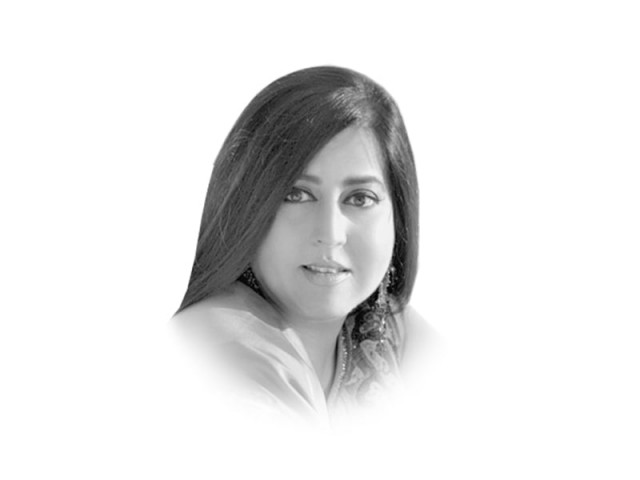A Karachi story
As ethnic groups fight for space, economic and political control of city, nobody thinking of the city, its citizens.

Karachi, the city where the streets were washed down every morning, where the trams ran, where the lights twinkled, where different religions and cultures thrived, which, until his death in 1994, had a cardinal, has turned dark and become the scene of ethnic and sectarian violence. It was home to Muslims of every sect who lived and did business with Hindus, Christians, Zoroastrians and Jews. It was, in many ways, the Pakistan Jinnah referred to in his August 11, 1947 speech to the Constituent Assembly — the Pakistan where religion was not the business of the state.
So what happened to the music on Somerset Street? Where did all the Parsi ladies who embroidered the most beautiful garas and baked chocolate cakes to die for go? They have gone where their faith isn’t a bulls-eye. The pastry shops, fruit cakes, teachers, secretaries, war heroes and jurists, that well-educated, happy, fun-filled, skirt-wearing side of the city has moved to Canada, Australia and places more welcoming. I often wonder, what if they hadn’t gone? What if we had not stood by silently and watched them leave? What if they had fought back against the discrimination, against the institutionalisation of religion, against a constitution that relegated non-Muslims to the status of second-class citizens, what if we had seen our future in being part of that fight?
Which brings us back to the story of Karachi. It’s a story that on a particularly bloody day occupies the headlines, otherwise the stories of families torn apart by violence are relegated to a couple of paragraphs which we give a quick cursory glance, almost suggesting that if we ignore it and keep our heads down it won’t touch us. Life doesn’t work that way. Its time we realise that the environment may have closed in over its citizens but even more frightening is that the citizen’s minds have also closed and have in fact been closed for so long we were unable to think of the ‘what if’.
We have no tolerance for difference. While we believe we have driven diversity out we have done no such thing because today we have a different kind of diversity where ethnic groups are fighting for space and for economic and political control of the city. However, nobody is thinking of the city, its citizens or their needs. Our hate is so all-consuming that without a thought we have pressed the self-destruct button and, as one implosion after another occurs, we steadily eliminate ourselves. The response to the problem has been to be self-contained. Raise the walls, buy water, get a guard, generate your own electricity, buy a gun, become an island. Well it’s not a case of getting five countries to recognise you and become an independent island state. It doesn’t quite work like that.
We need to learn to live with each other, to accept each others’ differences and focus on the citizens needs. They need schools, libraries, playgrounds, a cheap, clean and efficient mass transit system, clean drinking water, garbage collection, security and much more. We may even encourage the music to start playing again. We can’t change what has happened over the last 64 years but if we start thinking ‘what if’ today, the story will not be in the telling but in the thinking.
Published in The Express Tribune, August 7th, 2011.














COMMENTS
Comments are moderated and generally will be posted if they are on-topic and not abusive.
For more information, please see our Comments FAQ